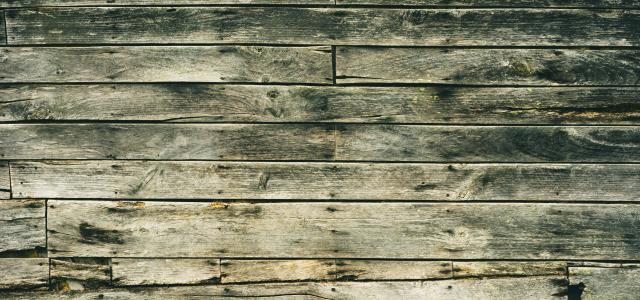Condo Purchase Due Diligence (update)
A little over a year ago I included this list of questions and thoughts in our weekly electronic newsletter. Since then I have shared this with many people so I figured I would send it again with some additional and modified items.
Condo ownership is different than owning your own house and not for everyone. The last thing you want is unforeseen expenses and a poorly run and maintained HOA that may make your financial lives more difficult. Due diligence is imperative.
Have you reviewed what the prices are of other similar units in the complex?
Why are the owners selling? Are they relocating or do they hate the complex?
How much are the monthly/quarterly Home Owners Association (HOA) dues and what does that include?
You should review the HOA bylaws/condo documents for what rules owners have to adhere to such as use of parking spaces, pets, tenants, common areas, etc.
Typical condo law is the HOA owns from the inside of your walls to the exterior and is responsible to insure and maintain the entire exterior of the building. These costs are the main part of your HOA fees. The condo owner is responsible to maintain and insure everything from inside the wall to your living area.
What has the history been on the dues? How often have they been increased and by how much?
How much are in HOA reserves for long term capital improvements such as roof replacement, decks, roadways, exterior painting, pool, gym equipment, tennis courts and all other common elements of the HOA? Are these reserves in a separate bank account from the checking/operating account so they are not commingled to pay the regular monthly bills?
Is there a capital improvements plan that identifies the replacement cost for major items, the useful life of those items and how much is included in and set aside from the HOA fees to cover the future replacement of those items?
Have there been any recent special or capital assessments? Are there any planned capital or special assessments and if so, how much? I cannot stress this point enough. If there is an assessment and you do not have the money, the HOA can place a lien on your property.
You should review the minutes of at least one year of the Board of Directors meetings to see what issues are being discussed? You can learn a lot about the association by doing this. Are there any pending lawsuits against the HOA? Ongoing, non-budgeted legal fees can lead to operating, not capital assessments?
Is the property self-managed or is there an outside property management company? Are the existing condo owners happy with the management of the HOA? Are owners happy with how the common elements are maintained? The maintenance includes items such as grass cutting, landscaping, snow and leaf removal and overall cleanliness of the common elements.
The HOA has to make available to potential buyers financial information, HOA bylaws and minutes of board meetings. This information is usually obtained through the realtor.
What is the HOA policy on renters versus owners? Renters are typically harder on the common elements than owners.
Walk around the complex with a trained eye to the points made above. How does the siding and roofs on the buildings look? Do the decks look stable? Do the common areas look maintained? Stop and talk to people and ask how they like living there. If no one is walking around, knock on the doors of your immediate potential neighbors to talk to them about what you are doing.
This is not meant to be an all-inclusive list but I hope you or someone you know find this information helpful.
Until the Next Tom's Take...

